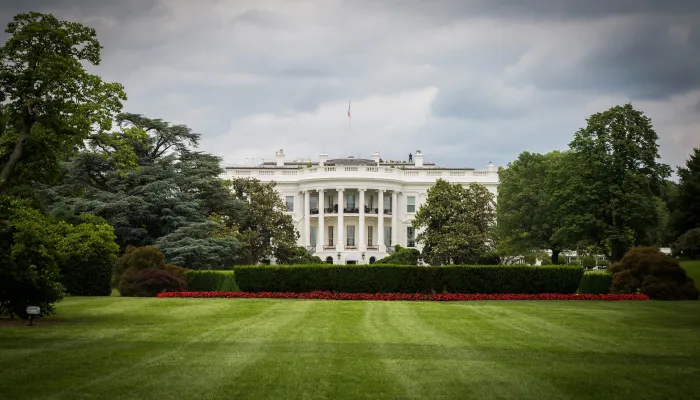House Budget Committee Advances Process Reform Proposals
As we mentioned in our press release earlier this week, the House Budget Committee has been working on legislation to reform the current budget process. Three legislative proposals were advanced by the Committee on Tuesday, in addition to another on the budget resolution that will be brought up soon.
They are:
The Pro-Growth Budgeting Act (H.R. 3582)
H.R. 3582 would require CBO to evaluate the macroeconomic effects of major legislation, also known as dynamic scoring. The dynamic scoring method would not replace the traditional scoring method that CBO uses (which incorporates behavioral but not macroeconomic effects), but would be incorporated as a supplement to existing estimates. Dynamic scores would show the impact of legislation on macroeconomic variables like GDP and unemployment and estimate how those effects would impact the budget.
The Baseline Reform Act (H.R. 3578)
H.R. 3578, as its name indicates, would change the way CBO constructs its baseline. First, it would require CBO to calculate an alternative baseline that assumes the extension of current tax policy, along with its traditional current law baseline. Second, it would change CBO's normal assumption that discretionary spending will grow with inflation and would instead have it frozen throughout the ten-year window.
The Budget and Accounting Transparency Act (H.R. 3581)
H.R. 3581 contains changes that are intended to better account for costs in the federal budget. It would use "fair value" accounting for federal credit programs, which is supposed to better represent the cost of market risk that the government is taking on. In addition, the legislation would explicitly bring the impact of Fannie Mae and Freddie Mac on-budget. CBO has accounted for Fannie/Freddie costs since 2008, when the government essentially took them over, but this bill would force CBO to account for their costs regardless of the future relationship between the government and the GSEs.
The Legally Binding Budget Act (H.R. 3575)
H.R. 3575 would make the budget resolution a joint one (instead of a concurrent one), meaning that it would require the President's signature and would thus be legally binding (a concurrent resolution is not). More importantly, the bill would prevent any appropriations bills or other "budget-related legislation" from being passed before the joint resolution is passed.
* * *
As CRFB president Maya MacGuineas stated in her testimony on biennial budgeting earlier this week, "our budget process is just not working". While process reforms can never be a substitute for making difficult policy decisions to control debt, a more efficient budget process could certainly make it easier to get our country's finances in order. We are glad to see Members of Congress taking a good hard look at our budget process.


